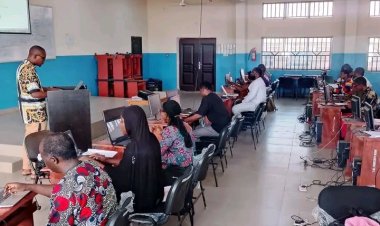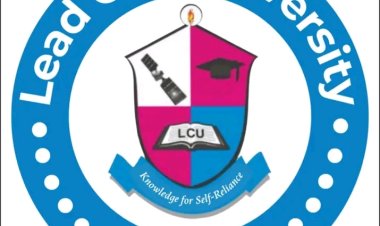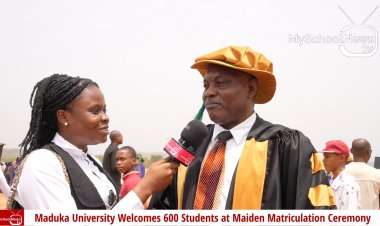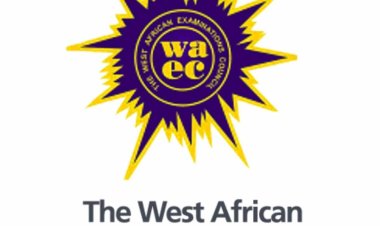Tinubu's Bid to Protect His University Credentials from Blogger Scrutiny
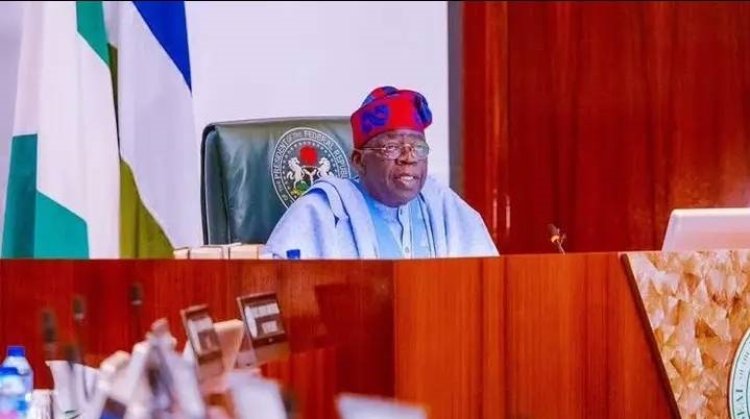
In a surprising turn of events, Bola Ahmed Tinubu, the All Progressives Congress (APC) presidential candidate for the 2023 general elections in Nigeria, has made a rather unconventional request to the US Chicago District Court. He has urged the court not to release his university credentials, citing concerns that Nigerian bloggers may misuse the information to tarnish his image. Tinubu's decision to withhold his academic records stems from the fear that the information, once in the public domain, could become fodder for sensationalist bloggers and potentially be used to attack his character. This unusual request has raised eyebrows and sparked a debate about the intersection of privacy, transparency, and political campaigns.
The backdrop to this request lies in the release of Tinubu's academic records to Nigerian lawyer Mike Enahoro-Ebah in 2022. Subsequently, these records found their way into the hands of bloggers who allegedly used them as ammunition against the presidential candidate. This incident underscores the increasing influence of digital media and the potential for information, even private and academic, to become part of the public discourse. Tinubu's legal team, led by Oluwole Afolabi and Chicago-based Charles Carmichael, has argued that if the release of these records serves the purpose of "opposition research" or simply provides content for news bloggers, it should not be considered proper. This stance raises questions about the responsibility of media outlets and bloggers when handling sensitive information related to political figures. The issue has gained further attention due to the involvement of Atiku Abubakar, the presidential candidate of the People's Democratic Party (PDP), who filed the initial application seeking the release of Tinubu's academic records. The legal battle over these records has added an intriguing layer to the already intense political rivalry between the APC and PDP in the run-up to the 2023 elections.
In an era when transparency and accountability in politics are highly scrutinized, Tinubu's move to safeguard his academic credentials from potential media exploitation reflects a growing trend of politicians seeking to control the narrative surrounding their personal lives and backgrounds. As this legal saga unfolds, it raises important questions about the balance between personal privacy, public disclosure, and the role of digital media in shaping political narratives. It remains to be seen how the US Chicago District Court will rule on this matter and what implications it may have for the upcoming Nigerian presidential elections.

